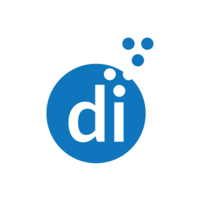| Product | |||
|---|---|---|---|
| Review & Ratings |
No reviews available |
No reviews available |
|
| Description |
Papirfly is a state-of-the-art digital asset management (DAM) software designed to help organizations efficiently store, organize, and distribute their digital assets. The platform offers a centralized repository for images, videos, documents, and other multimedia content, ensuring easy access and management across teams. Papirfly’s intuitive search and tagging capabilities allow users to quickl... Read more about Papirfly |
diDNA is a publishing and subscriptions software that enables media companies and content creators to manage subscriptions, digital content distribution, and audience engagement. This platform offers tools for creating, managing, and analyzing subscription plans, helping businesses grow their subscriber base and increase revenue. diDNA allows users to set up paywalls, offer tiered pricing, and tra... Read more about diDNA |
|
| Free Trial |
NA |
NA |
|
| Starting Price | |||
| Category Features | |||
| Other Information | |||
| Deployment | Cloud Hosted | Cloud Hosted | |
| Devices Supported | Web-Based, | Web-Based, | |
| Pricing Model | Contact Vendor | Contact Vendor | |
| Support | Email, Phone, Chat, Knowledge Base, FAQs/Forum | Email, Phone, Chat | |
| Target Company Size |
Self-Employed,
Small-Business,
Midsize-Business,
|
Self-Employed,
Small-Business,
Midsize-Business,
|
|

